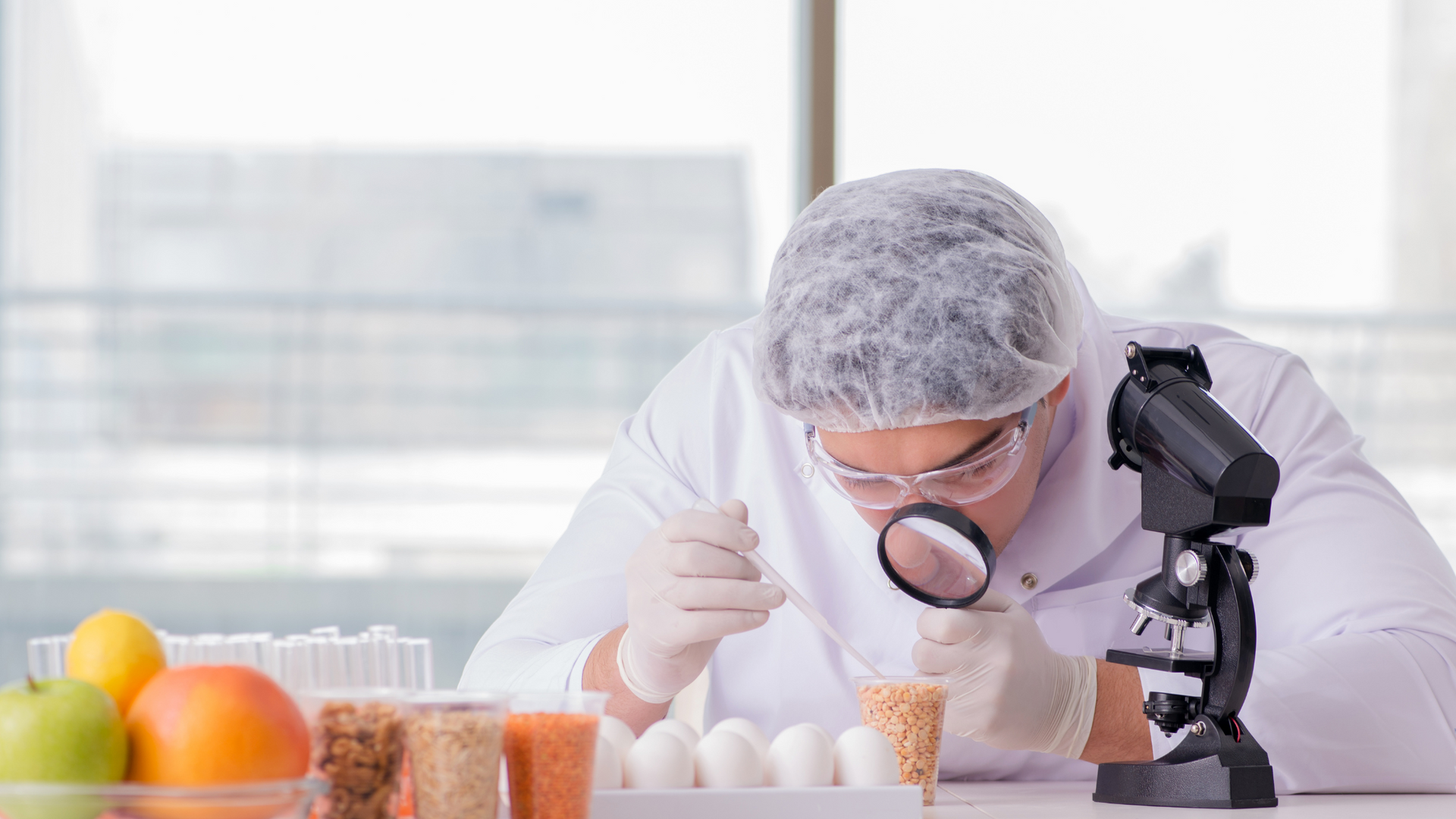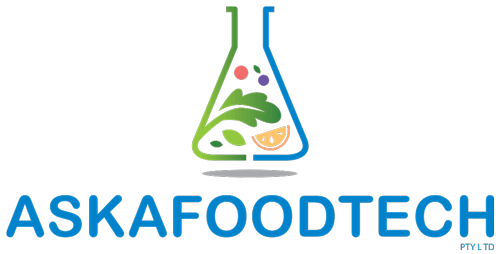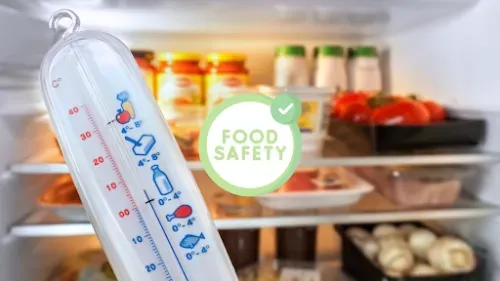Australian Food Waste: Top 10 Practical Tips for Businesses to Reduce Their Footprint
Australian businesses, particularly those in the food manufacturing and hospitality sectors, play a crucial role in tackling the nation's significant food waste problem.
With increasing consumer awareness and regulatory pressures, embracing sustainable food practices is not just ethical; it's a smart business move.
This article dives into 10 practical tips to help Australian businesses reduce their food waste footprint, contributing to a healthier environment and a more sustainable future.
Understanding the Australian Food Waste Landscape.
Before we delve into solutions, it's essential to understand the scale of the issue. Australia generates millions of tonnes of food waste annually, with a substantial portion coming from commercial operations. This waste not only burdens landfills but also contributes to greenhouse gas emissions and economic losses. Addressing this problem requires a collective effort, with businesses leading the charge.
1. Conduct a Food Waste Audit: Know Your Numbers
The first step towards reducing waste is understanding where it's coming from. A comprehensive food waste audit allows you to identify areas of inefficiency and pinpoint specific sources of waste. Track everything from ingredient spoilage to plate scrapings, and analyse the data to inform your waste reduction strategies.
2. Implement Smart Inventory Management: Order What You Need
Overstocking is a major contributor to food waste. Implement a "first-in, first-out" (FIFO) system and use accurate forecasting to order only what's necessary. Leverage technology to track inventory levels and optimise purchasing decisions.
3. Optimise Food Storage: Extend Shelf Life
Proper food storage can significantly extend the shelf life of ingredients and finished products. Invest in appropriate refrigeration, temperature control, and packaging solutions. Educate staff on best storage practices and ensure consistent adherence.
4. Explore By-Product Utilisation: Turn Waste into Value
Many food by-products can be transformed into valuable resources. Explore innovative solutions like turning vegetable scraps into broths, using fruit peels for citrus oils, or developing animal feed from food processing waste.
5. Embrace Commercial Composting: Close the Loop
Commercial composting is a powerful tool for diverting organic waste from landfills. Invest in on-site or off-site composting systems to transform food scraps into nutrient-rich compost. This compost can then be used in landscaping or donated to local gardens.
6. Implement Portion Control: Minimise Plate Waste
In the hospitality sector, portion control is crucial for reducing plate waste. Train staff on appropriate serving sizes and consider offering smaller portion options to customers.
7. Donate Excess Food: Support Your Community
Partner with local food banks or charities to donate excess food that is still safe for consumption. This not only reduces 1 waste but also supports vulnerable members of the community.
8. Educate and Engage Staff: Foster a Culture of Sustainability
Staff play a vital role in waste reduction efforts. Provide regular training on sustainable food practices and encourage them to contribute ideas and suggestions.
9. Invest in Sustainable Packaging: Reduce Plastic Waste
Transition to eco-friendly packaging solutions like biodegradable or compostable materials. Explore reusable container options and minimise single-use plastics.
10. Leverage Technology: Automate and Optimise
Technology can streamline waste management processes. Implement software to track waste generation, monitor inventory levels, and optimise production schedules.
The Benefits of Sustainable Food Practices.
Adopting these practical tips offers numerous benefits for Australian businesses:
- Reduced Costs: Minimising waste translates to significant cost savings on ingredient purchases and waste disposal.
- Enhanced Reputation: Consumers are increasingly drawn to sustainable businesses. Embracing eco-friendly practices can enhance your brand image and attract environmentally conscious customers.
- Regulatory Compliance: As food waste regulations become stricter, proactive businesses will be better positioned to meet compliance requirements.
- Environmental Impact: Reducing food waste contributes to a healthier environment by minimising landfill waste and greenhouse gas emissions.
Sources:
Moving Forward: A Collective Responsibility.
Reducing food waste is a collective responsibility, and Australian businesses have a unique opportunity to lead the way. By implementing these practical tips, businesses can significantly reduce their environmental footprint, enhance their bottom line, and contribute to a more sustainable future for Australia. As consumers become more aware, and regulations tighten, businesses that are proactive in this area will gain a large advantage.
By focusing on these points, Australian food related businesses can make real, and measurable progress in reducing their food waste.
Get in Touch
Curious about how ASKAFOODTECH can support your business in reducing food waste effectively? Contact us to learn more about how our services can help you reduce your environmental impact.

About the Author:
Stewart Eddie (Bapp Sc Food Science & Technology) is Director and Principal Food Tech at ASKAFOODTECH PTY LTD; a food technology consulting company that inspires, educates, and serves food producers with an ambition to grow and manage risk. Living with a severe food allergy and being a food technologist, Stewart is uniquely placed to help your food manufacturing business with your allergen management planning. If you would like more information on the services that ASKAFOODTECH PTY LTD can provide, please
contact us.








